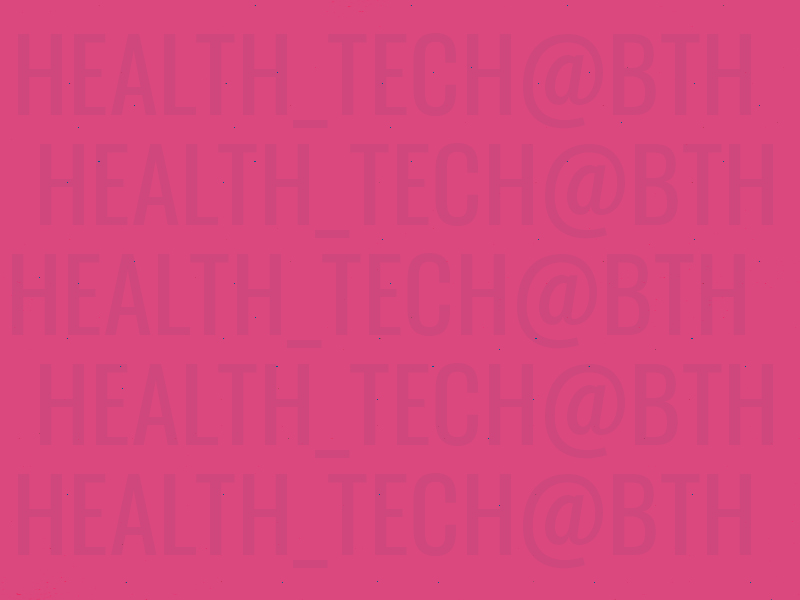Read on DOI
Read More
Children’s and adolescents’ perspectives on routine inquiry about violence in specialised outpatient care
- 21 March, 2025
- Comments off

Read on DOI
Read More

Read on DOI
Read More
Read on DOI
Read More
Read on DOI
Read More
Read on DOI
Read More
Read on DOI
Read More
Read on DOI
Read More
Read on DOI
Read More
Read on DOI
Read More